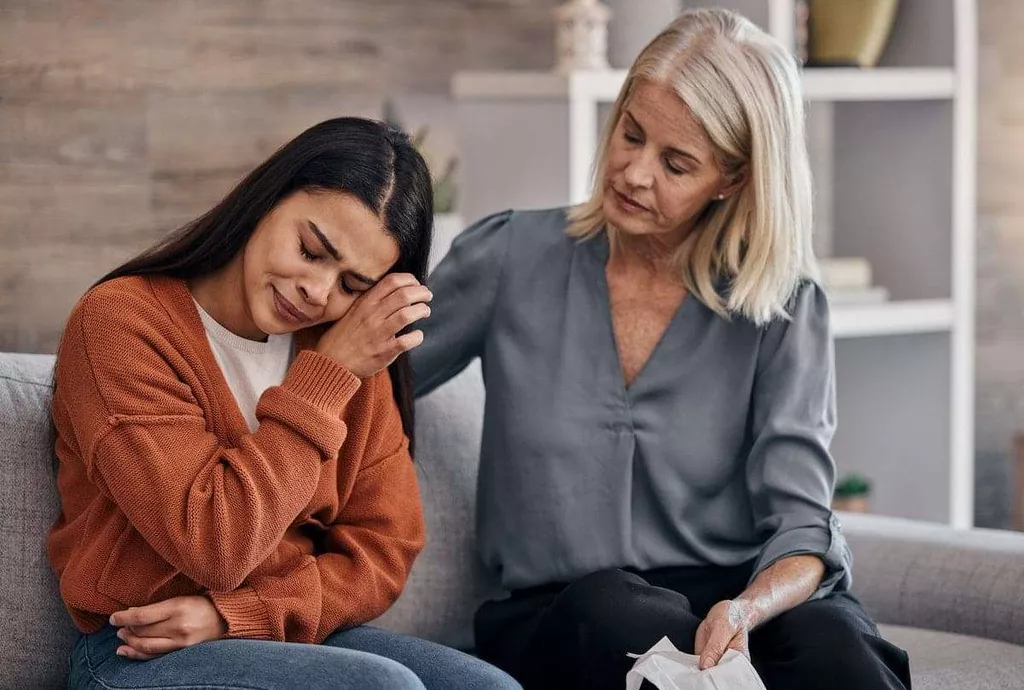Content
Through our network of certified sober housing and empirically-based recovery principles, MASH’s goal is to help create and foster these safe living environments for those with substance use disorders. This MASH Certified recovery home serves men in their recovery journey, and is led by an experienced House Manager. The home is conveniently located close to services, employment, and attractions. The accommodations provide a quiet recovery-focused environment in this exclusive neighborhood in a community close to Boston, Massachusetts. Recognition of the importance of one’s living environment led to a proliferation of inpatient and residential treatment programs during the 1960′ and 70’s (White, 1998).

The restrictive phase focuses on removing substance triggers around the resident while concentrating on learning the basics of sober living. The restrictions may include no access to a phone or computer, no contact with family members, and a curfew during this phase. The sober living home encourages residents to attend therapy sessions and other health appointments, attend peer support group sessions, and take sober house boston on house chores. In addition, most facilities encourage unemployed residents to search for a job, take on a new sport, or volunteer within the community. Entry requirements vary, but most sober living homes in Massachusetts require residents to have completed some level of rehab or detox before admission. Residents can also commit to an outpatient rehab treatment program during their stay in the house.
People also viewed
Massachusetts boasts one of the best recovery environments in the United States, and certainly one of the strongest sober living communities in New England. On Sober House Directory, you can find numerous options for sober living with male, female, co-ed, certified and non-certified sober housing options across Massachusetts. Sober homes are available in Massachusetts for you or a loved one to bridge the gap between clinical treatment and independent living. Many in early recovery consider their sober house to be one of the most important parts of their recovery journey. For most recovering addicts, Massachusetts sober living homes provide the smooth transitional step from treatment back into society without giving so much freedom that there is an increased risk of relapse. Residents of a sober house are required to pay rent, attend school or work, continue regular meetings at support groups and take part in regular household chores.
Transitional housing provides temporary and affordable drug and alcohol-free living accommodations for homeless persons in recovery. Transitional housing provides supportive housing aimed at helping its residents transition successfully from homelessness to self-sufficient living while maintaining their sobriety. During their stay in transitional housing, the residents can expect support through education, life skill training, house meetings, and counseling sessions. Sober living programs and halfway houses are similar in the extent that they give support to individuals looking to maintain their sobriety. They provide a structured substance-free living arrangement for persons in recovery who must obey the facility’s rules, contribute to house costs, and perform any assigned responsibilities. The difference in both programs includes the cost of entering into the program, program duration, exiting the program, ownership, cost of staying in the program, living conditions, and staff qualification.
What Can and Can’t I Bring to a Sober Living House in Massachusetts?
For a more complete description of the study design and collection of data see Polcin et al. (2010), Polcin et al. (in press) and Polcin, Korcha, Bond, Galloway and Lapp (in press). Some houses have a “residents’ council,” which functions as a type of government for the house. We are here to provide assistance in locating an Ark Behavioral Health treatment center that may meet your treatment needs. Addiction Resource aims to provide only the most current, accurate information in regards to addiction and addiction treatment, which means we only reference the most credible sources available.
The Colorado Secretary of State office is a good resource for your business plan, marketing, insurance, taxation, local regulatory environment, and the state regulatory requirements. The public housing programs that serve seniors, families and those with special needs are described below. What may be helpful to you is this Local Housing Authority Unit Counts by Program Listing. Here are some of the questions we receive about sober housing in Massachusetts.
Rehab Programs
Establishing a strong sober home community culture is critical to success in recovery. MASH-certified sober homes must also offer a peer-based environment and be drug- and alcohol-free. Massachusetts sober living homes will help you to transition back into society after you have been unattached for so long as a result of your drug addiction and subsequent inpatient treatment.
- This will make it less challenging to ease your way into the joys of an independent and healthy life free of drugs and alcohol.
- The sense of community that comes from living and sharing a space with others can help you regain confidence and develop healthier social skills.
- Establishing a strong sober home community culture is critical to success in recovery.
Also, residents must stick to any scheduled doctor or rehab treatment follow-up appointments while in the sober home. Most Massachusetts sober living houses encourage their residents to practice new healthy habits such as meditation, exercising, or volunteering in the community. Some facilities provide job resources and training to promote residents’ independence.
The Phases of Sober Living in Massachusetts
Boston Sober Homes is a M.A.S.H certified sober housing company for those sober house boston who are serious about their recovery and sobriety. Our mission is to provide clean, comfortable accommodations in a positive environment for those looking to live a sober lifestyle. Anyone caught up in a cycle of addiction could benefit from a halfway house in Massachusetts. NARR began to affiliate with state-level organizations to promote evidence-based standards for sober houses and other residential recovery programs and centers. Successful sober homes establish and reinforce healthy lifestyles, provide a safe and stable place to live, conduct meaningful activities, and build relationships and social networks for support.

To get to self-sufficiency, the resident must complete the 12-step program and have a verifiable history of maintaining their sobriety. The sober living home also removes all restrictions, https://ecosoberhouse.com/article/can-you-moderate-your-drinking/ and the resident may move out of the sober living home into their private residence. However, if a resident relapses at this stage, the resident goes back to the restrictive phase.


